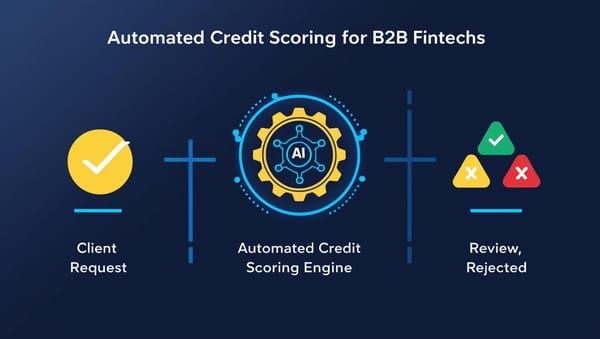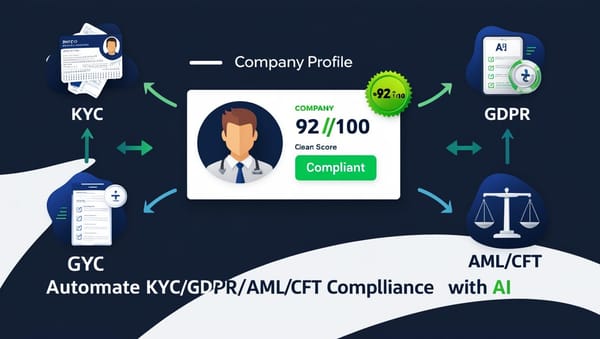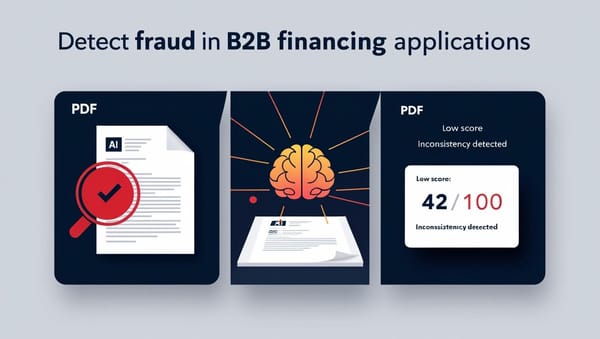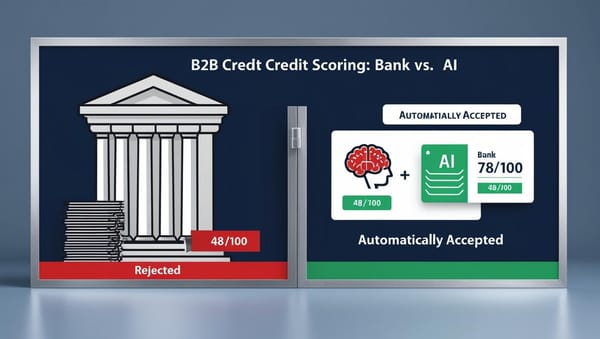The 5 most common mistakes when analyzing SME financing files
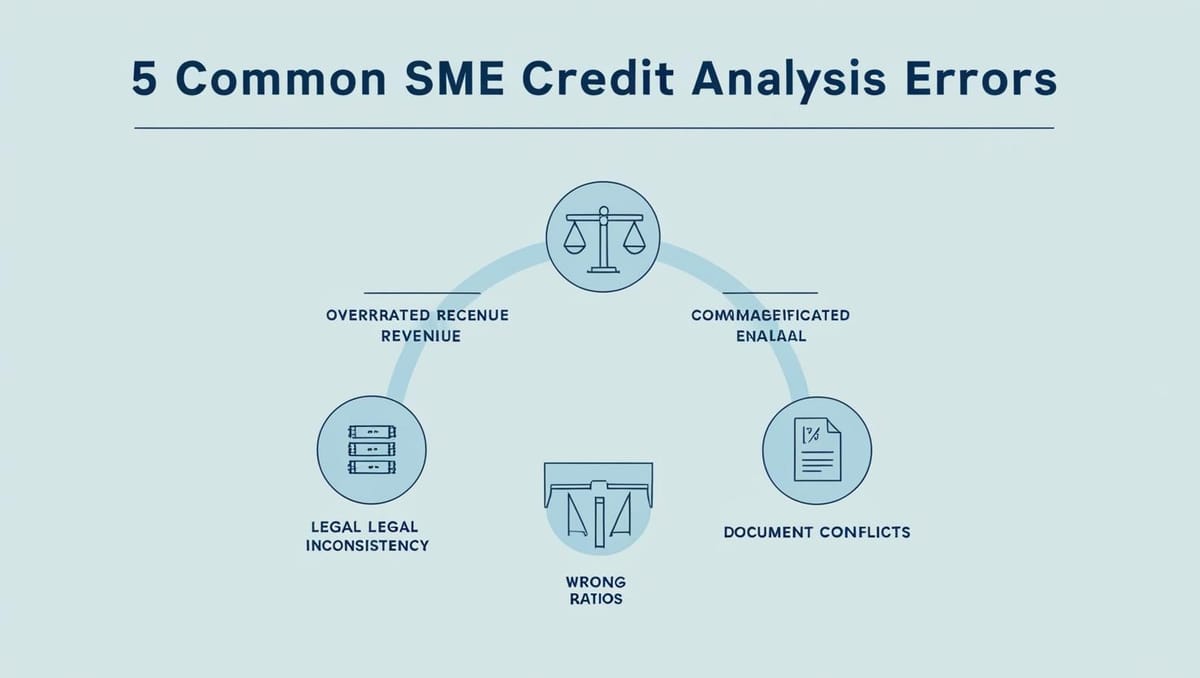
Granting financing to an SME is more than just reading a balance sheet.
Despite the tools available, many analysis errors persist, leading to unjustified refusals... or risky files being accepted.
In this article, discover the 5 most common mistakes, illustrated by case studies, and how to avoid them using decision-support tools like RocketFin.
🧠 Why is SME analysis so complex?
- Financial data sometimes incomplete
- Strong heterogeneity between sectors
- Accounting statements with little information on actual health
- Fast-changing by-laws, management and activities
- Risks related to customer or supplier dependence
This makes manual analysis a high-risk area for error, especially in contexts of rapid growth or scale.
❌ Mistake 1: Overestimating net income or sales
The classic case :
A company posts positive net income and rising sales. A hasty conclusion: "healthy profile".
But we forget to check:
- Net cash position
- Short-term debt
- Seasonality in the sector
- Customer/supplier lead times
📌 A good accounting result can mask liquidity tensions or dependence on a single customer.
💡 Best practice:
Analyze actual cash flow and cash flow from operations rather than net income alone.
❌ Mistake 2: Ignoring weak legal signals
- Recent change of manager not explained
- SIREN deactivated or company dormant
- Address linked to a commercial mailbox
- Statuses contradictory to the real purpose
📉 These weak signals are often precursors of more serious problems (fraud, inactivity, legal instability).
💡 Best practice:
Set up automated verification of SIREN, legal representative and up-to-date articles of association.
❌ Error 3: Apply a single template to all folders
Each sector has its own specific features:
- A construction company has low cash flow but high WCR
- A SaaS with few assets but stable MRR
- A business with a high inventory but a low margin
📌 Applying the same ratios to all these profiles distorts the analysis.
💡 Best practice:
Use a scoring engine contextualized by sector and business model.
❌ Error 4: Failure to detect inter-document inconsistencies
- Sales declared on form ≠ Balance sheet sales
- The manager signed is not the one indicated on the Kbis certificate.
- The stated share capital does not correspond to the articles of association
These are frequent errors in SME files, often due to :
- Documents not updated
- Communication oversights
- Attempts to disguise data
💡 Best practice:
Automate cross-checking of data between sources (PDF, API, form, statuses...).
❌ Error 5: Decide without clear explanation (or traceability)
An analyst rejects a file for "balance sheet doubt"... but nothing is documented.
🔍 This poses a problem:
- In the event of a dispute
- To explain a customer decision
- To feed an AI / machine learning model
💡 Good practice:
Use a system that documents each decision, with the criteria used, date, score, and final status.
🔧 How to avoid these errors with a tool like RocketFin
RocketFin helps you :
- Automatically score each file based on objective, traceable criteria
- Detect document inconsistencies as soon as they are received
- Tailor analysis to sector and business model
- Generate a customer transparency scorecard
- Save time while strengthening compliance
🏢 Case study: small business financing firm
Before RocketFin :
- 40% of files refused without clear justification
- Average analysis time: 48 hours
- Risk of customer requalification = high
After RocketFin integration :
- 70% automated analysis
- Justified, readable, exportable score
- Controlled acceptance rate without increasing risk
🎯 Result: +32% productivity and -20% scoring errors
📋 Robust analysis checklist for SME files
✅ Consistency between documents (Board of Directors, manager, share capital)
✅ Verification of legal status and active SIREN
✅ Actual cash flow and repayment capacity
✅ Detection of supplier/customer dependence
✅ Sectoral adaptation of ratios
✅ Archiving + decision justification
FAQ - SME financing analysis
Do I need an expert to analyze an SME case?
A well-configured tool can handle 70-80% of simple cases without a senior analyst. Borderline cases need to be escalated.
What if the company doesn't have a complete balance sheet?
You can analyze other signals: actual activity, articles of association, bank flows, payment behavior...
Can I reject a file automatically?
Yes, if the process is justified, documented and a human review is available on request.
🔗 Read more
👉 Automate the analysis of your SME files with RocketFin: www.rocketfin.ai
🟢 Request your preview access
Access form

